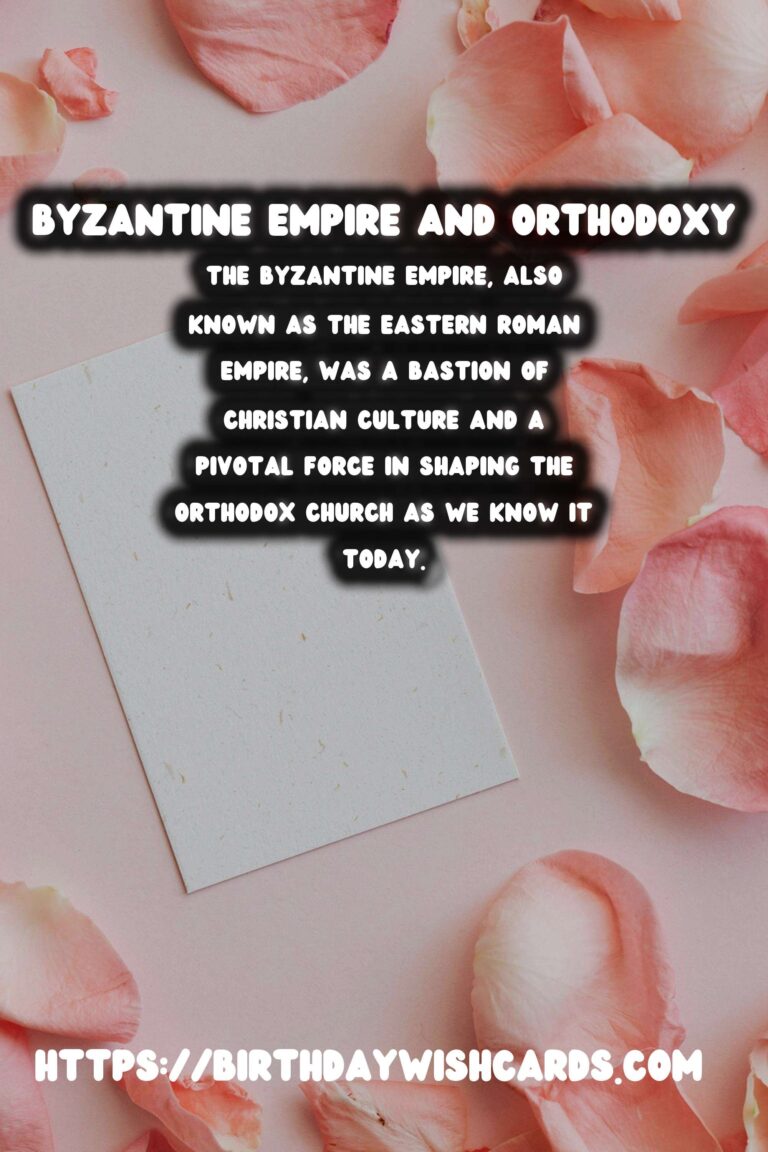
The Byzantine Empire, also known as the Eastern Roman Empire, was a bastion of Christian culture and a pivotal force in shaping the Orthodox Church as we know it today. Spanning over a millennium from the establishment of Constantinople in 330 AD to its fall in 1453 AD, the Byzantine Empire left an indelible mark on religious, cultural, and political facets of the societies it touched.
The Foundation of Orthodoxy
One of the cardinal contributions of the Byzantine Empire to modern Orthodoxy was its foundational role in developing theological doctrines. The Byzantine emperors frequently played a crucial role in the organization of ecumenical councils. These councils, such as the First Council of Nicaea in 325 AD, were instrumental in defining key aspects of Christian doctrine and combating heresies.
Moreover, Byzantium was distinguished by its dedication to preserving the Christian faith through tumultuous periods. It was under its auspices that key theological works were written, and monastic traditions were established, which continue to flourish in Orthodox communities around the world today.
Cultural and Artistic Contributions
The Byzantine Empire was a veritable cradle of artistic expression and cultural development. Its contributions to religious art and architecture are particularly noteworthy. One of the most profound legacies lies in the realm of iconography. Byzantine icons, revered as windows to the divine, play a central role in Orthodox worship even now. These icons, painted with meticulous care over centuries, continue to serve as important spiritual tools within Orthodox liturgical practices.
Furthermore, the architectural innovation seen in Byzantine churches, characterized by grand domes and intricate mosaics, established an aesthetic benchmark that continues to guide and inspire the construction of Orthodox places of worship today.
Liturgical Practices and Traditions
Beyond doctrinal and cultural influences, the Byzantine Empire profoundly affected the liturgical aspect of the Orthodox Church. Byzantine liturgical practices, including the Divine Liturgy of St. John Chrysostom and St. Basil the Great, remain the core services within the Orthodox Church. These liturgies reflect the empire’s dedication to ecclesiastical order and aesthetic grandeur, qualities that continue to define Orthodox worship.
In addition, various liturgical traditions, including music, chant styles, and the use of sacred languages such as Greek and Church Slavonic, have their roots deeply embedded in Byzantine religious practices.
Political Influence and Religious Authority
Another vital aspect of the Byzantine legacy is the intersection of the political with the religious. This symbiosis is epitomized by the concept of caesaropapism, where the emperor exerted significant influence over the church. Although this model does not directly translate into modern Orthodox churches, the historical interplay set a precedent for understanding the relationship between church and state.
The authority of the Ecumenical Patriarch of Constantinople, a position established during Byzantine times, remains a significant symbol of Orthodox unity and continuity. Despite numerous challenges, the Patriarchate persists as a spiritual beacon for millions of Orthodox Christians around the world.
Conclusion
The Byzantine Empire’s contribution to the formation and perpetuation of modern Orthodoxy is as profound as it is enduring. From theological foundations to cultural and liturgical traditions, the Byzantine influence remains a crucial determinant of the Orthodox identity. As we explore these historical connections, it becomes clear that the Byzantine legacy is not merely a relic of the past but a vibrant, living tradition that continues to inform and inspire the faith practices of Orthodox Christians globally today.
The Byzantine Empire, also known as the Eastern Roman Empire, was a bastion of Christian culture and a pivotal force in shaping the Orthodox Church as we know it today. From theological foundations to cultural and liturgical traditions, the Byzantine influence remains a crucial determinant of the Orthodox identity. 
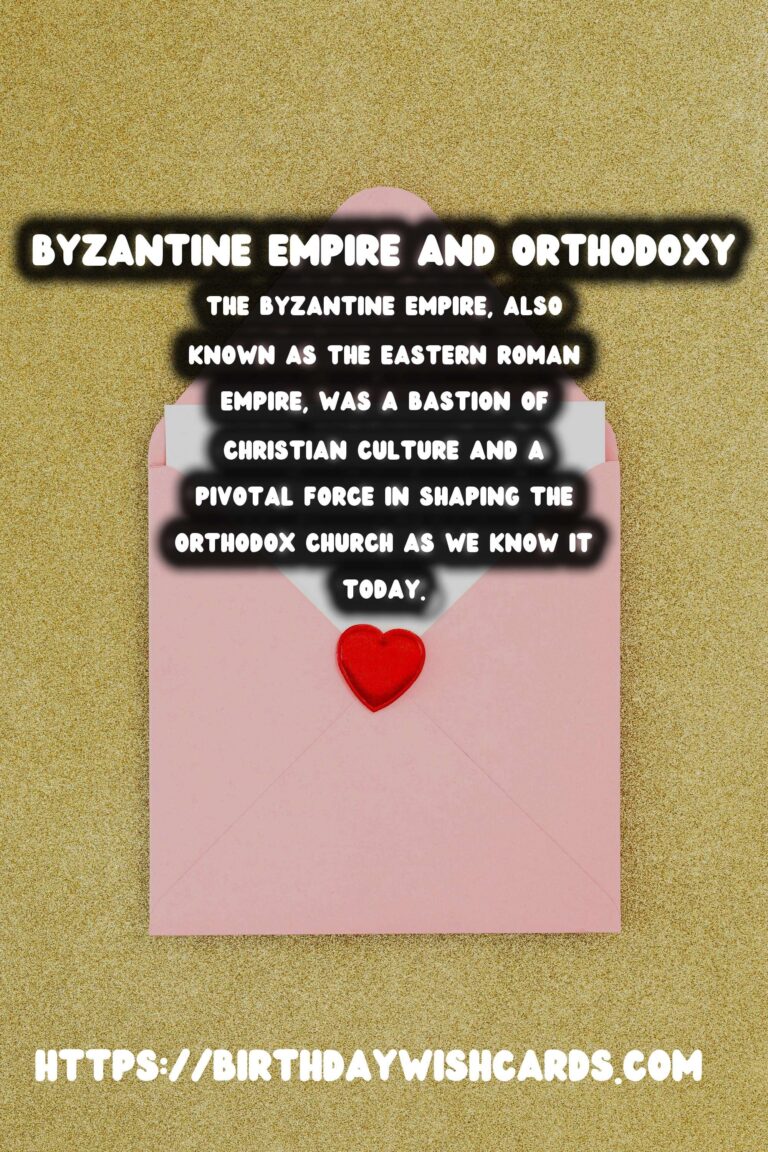
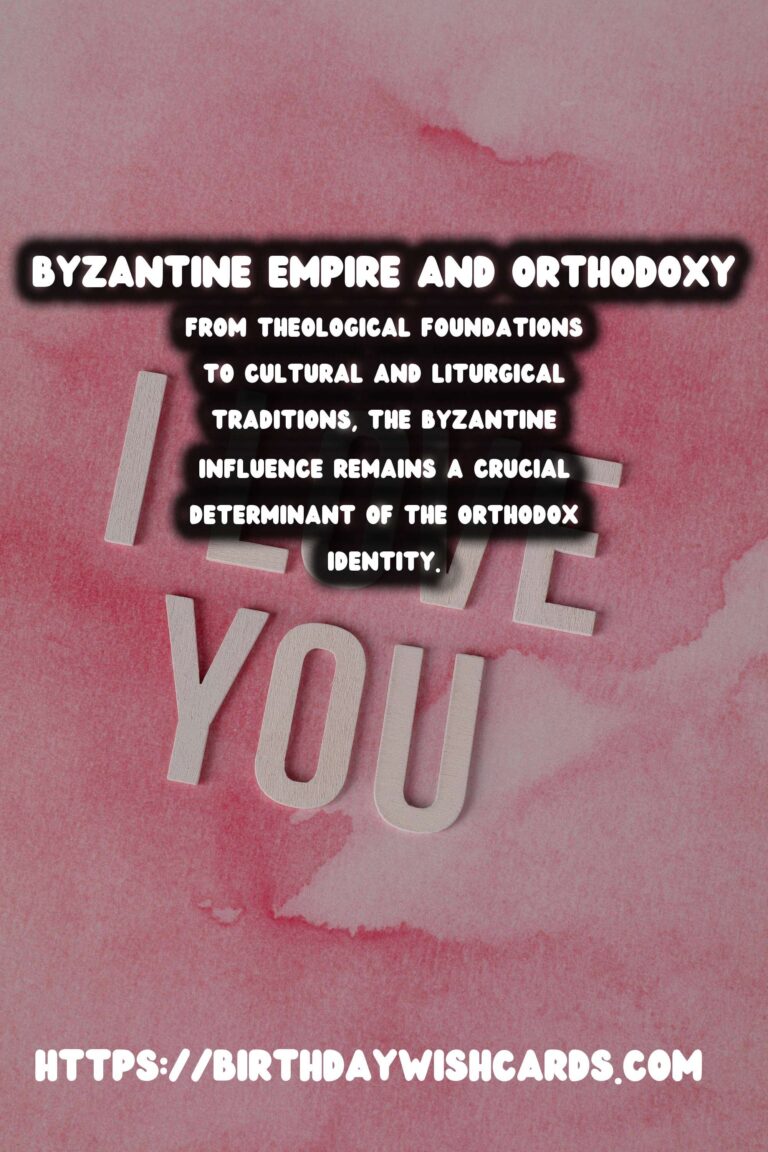
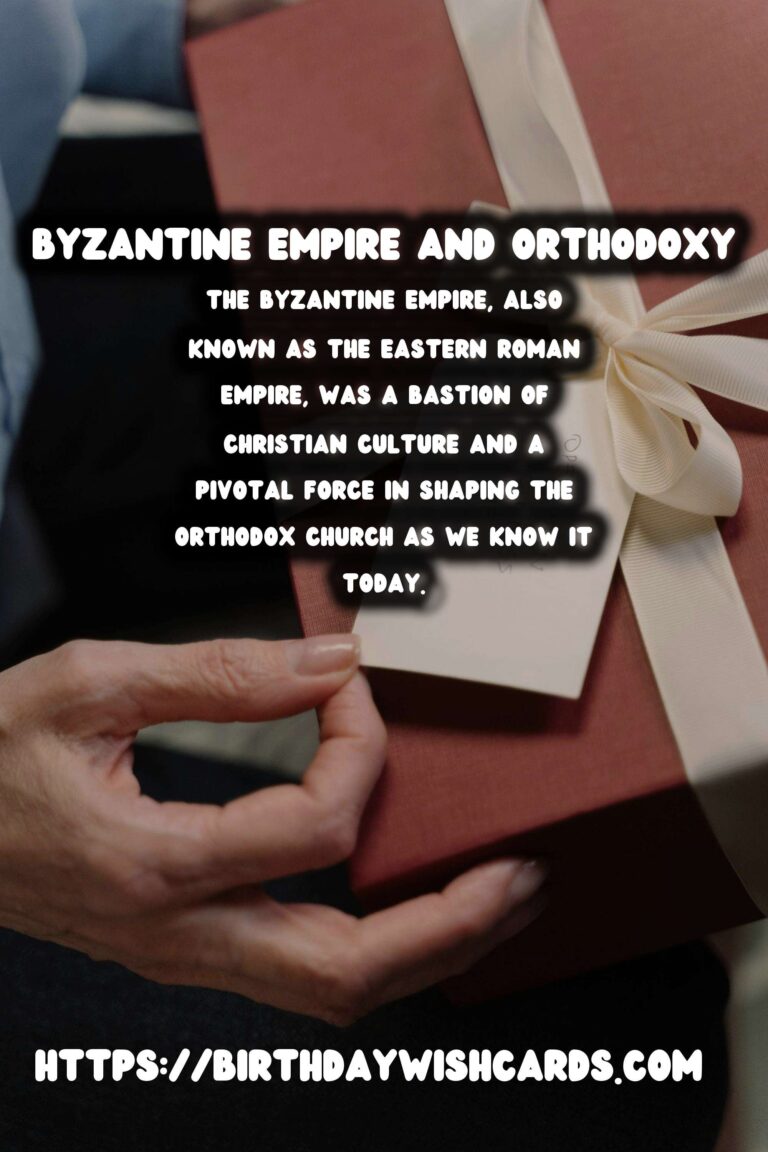
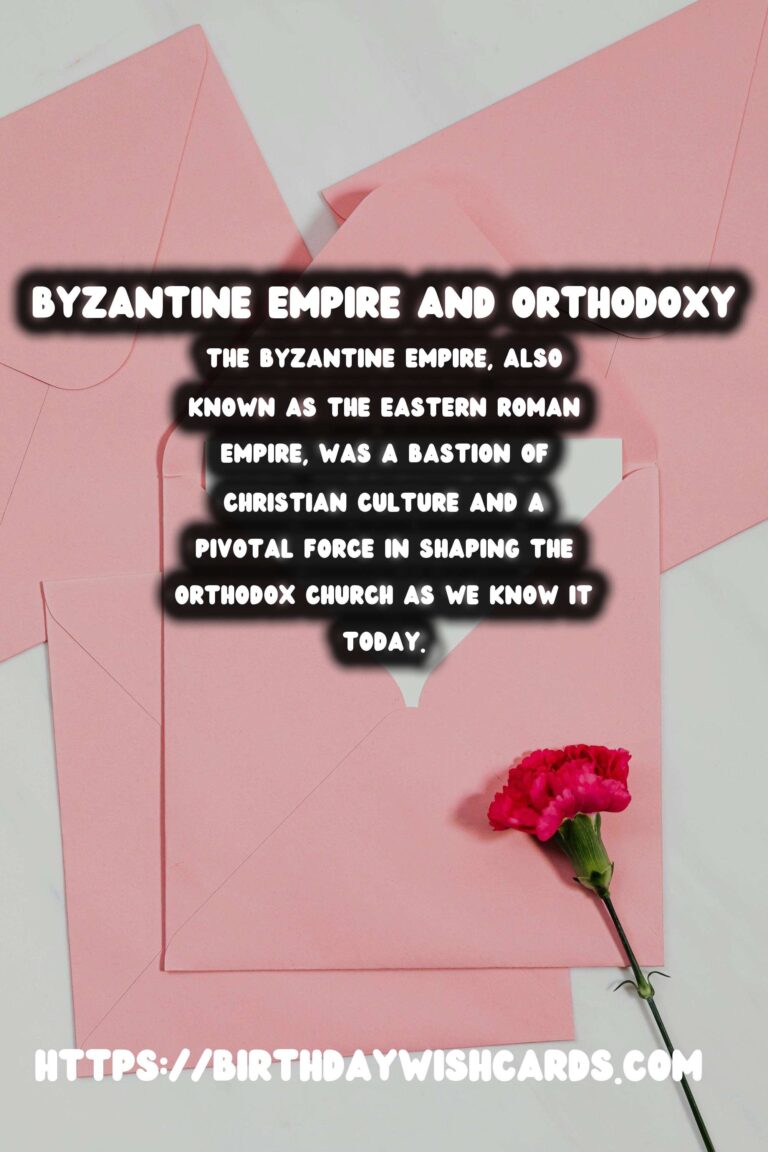
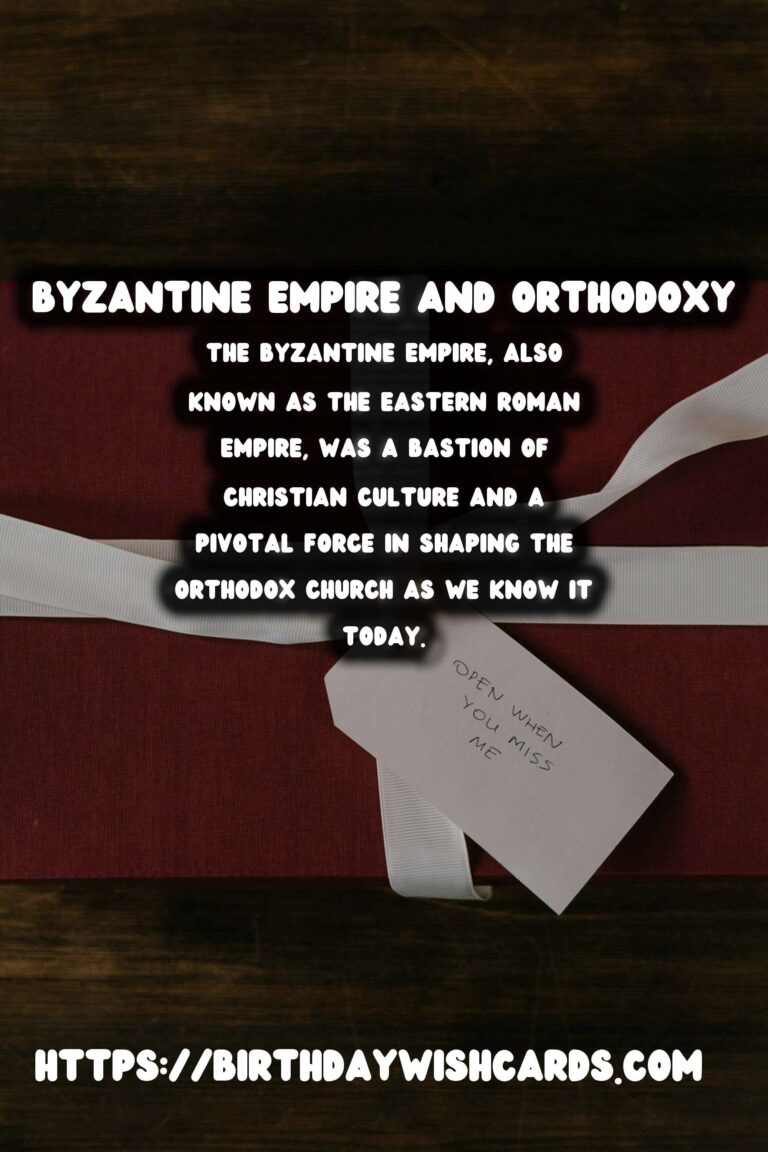
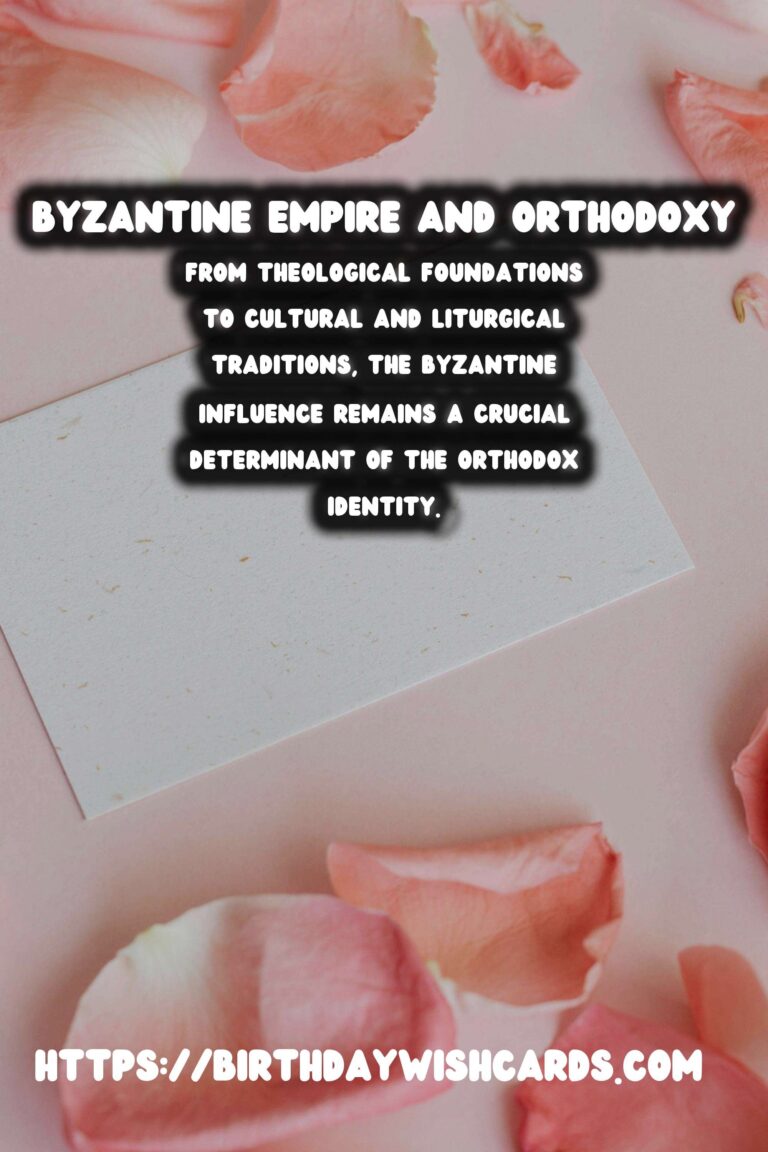
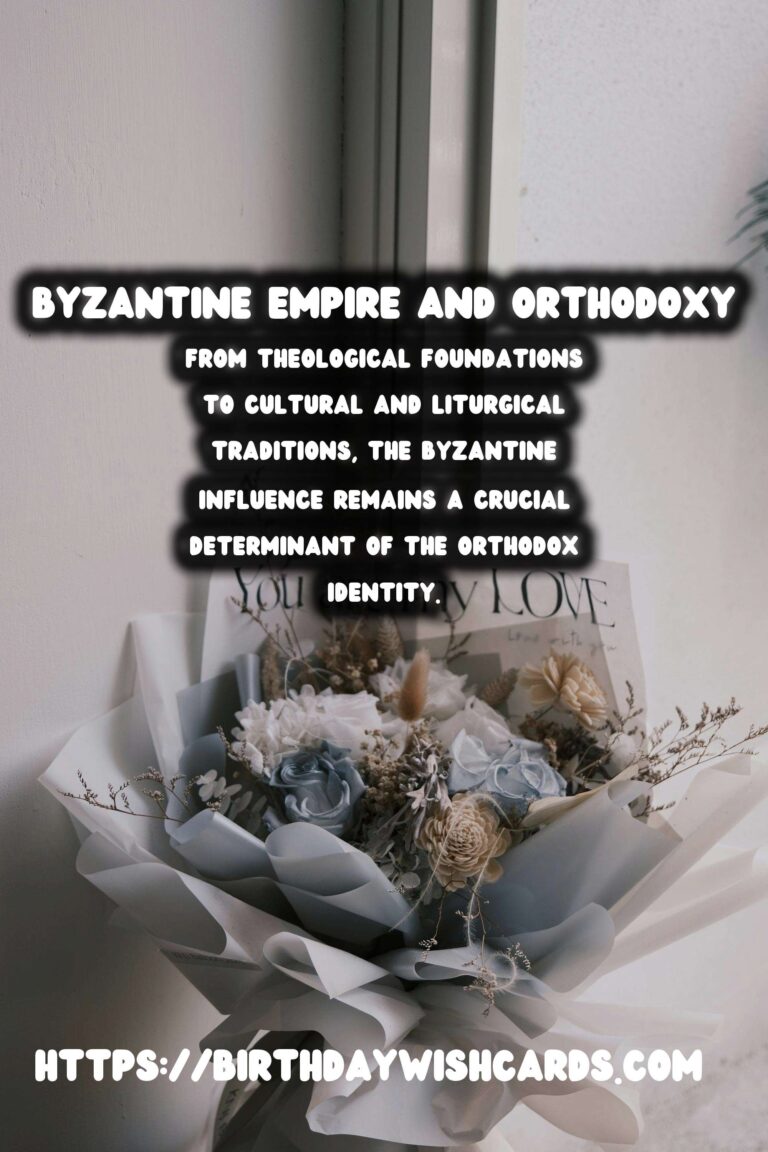
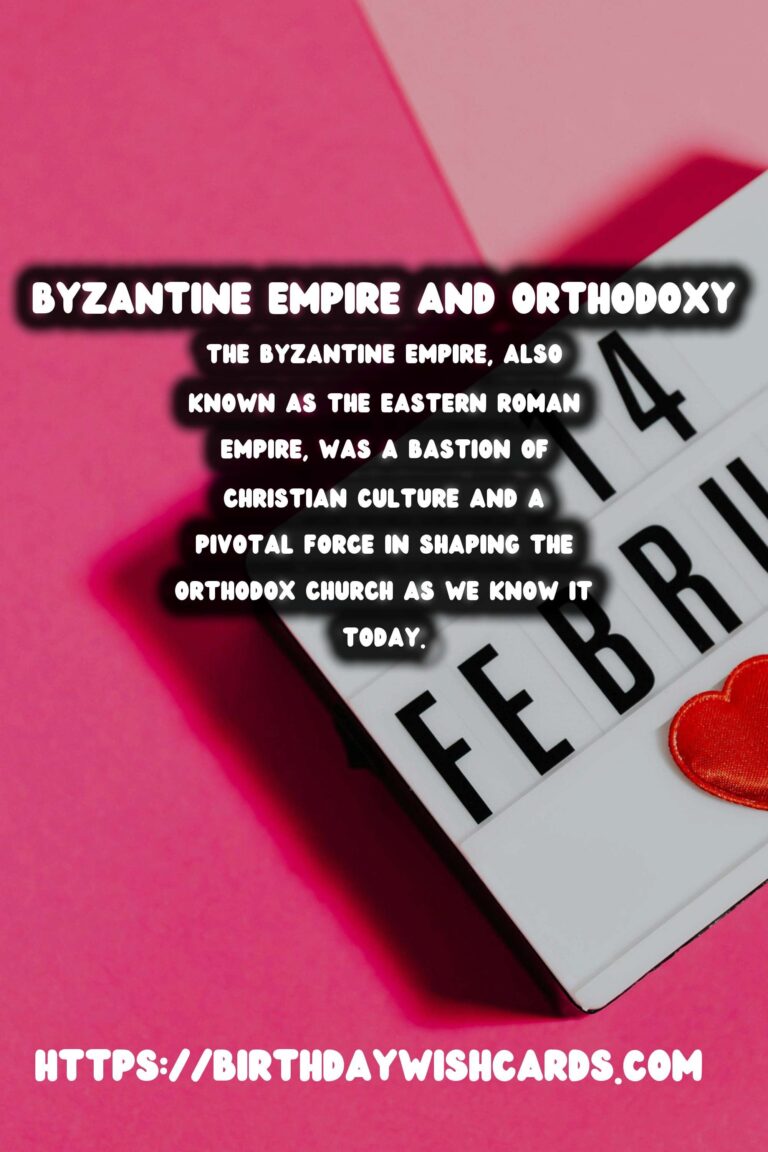
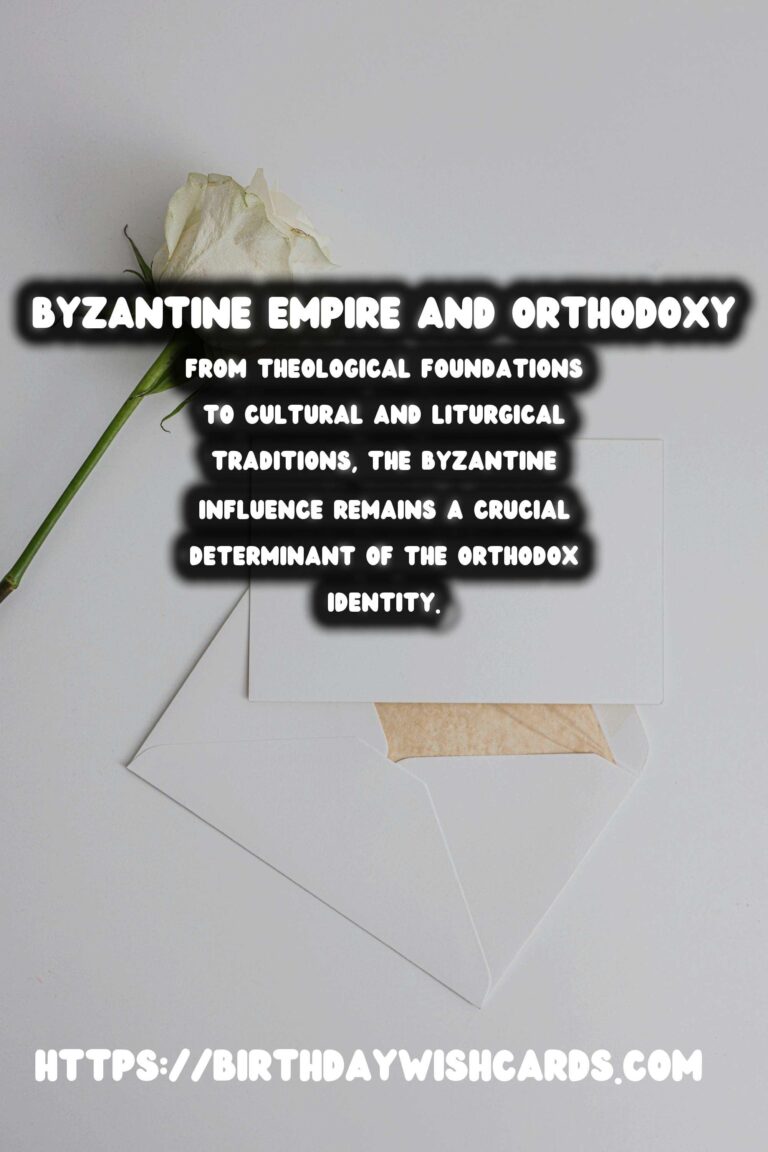
#ByzantineEmpire #Orthodoxy




